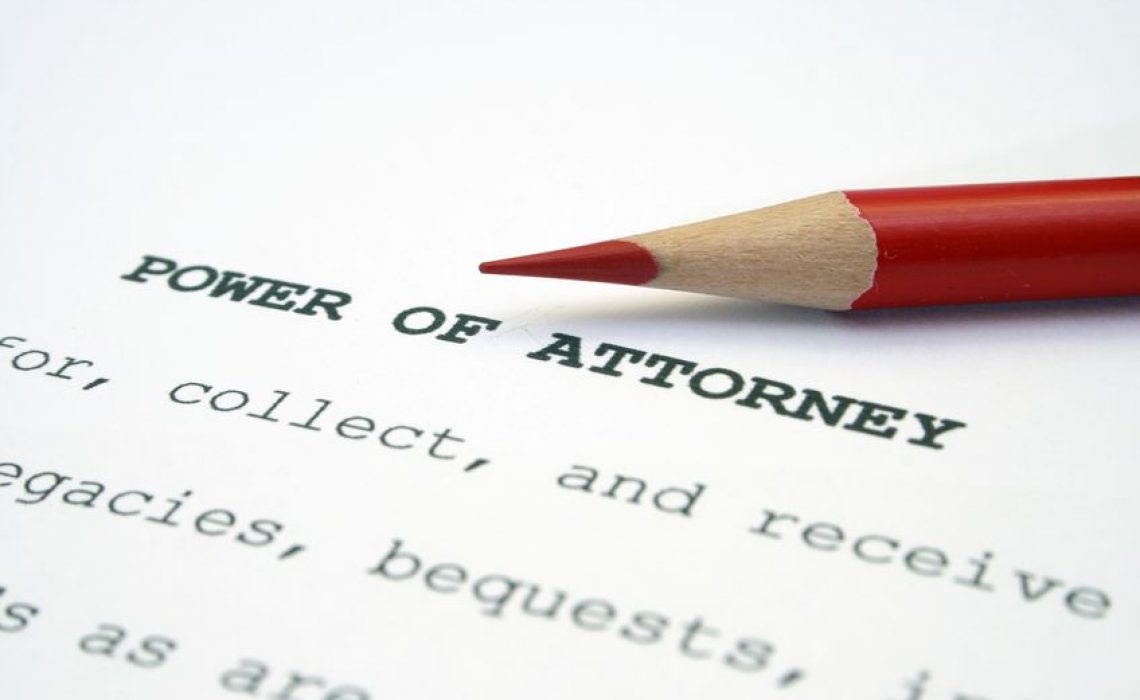
Durable Power of Attorney: The Perfect Accessory for the 18 Year Old Who Has Everything
A durable power of attorney for your soon to be eighteen year old son or daughter? But aren’t these more suited for older adults? Not always.
Once your child is eighteen years old, he or she is an adult in the eyes of the law, whether or not he or she is still in high school. That reality will hit the first time you take that eighteen year old high school senior to the dentist or the doctor, or you try to check a bank account balance for that now young adult. He may still be the apple of your eye, but he is a grown up to third parties. The doctor or dentist will ask the adult child whether they want you to be dismissed while they speak with the adult child and the bank will not provide you any information about the account.
In decades past, children were not considered adults until they were twenty-one. Now, the age of majority is eighteen, in an era where we are seeing more and more children turn that magical age during high school. Many parents just assume that since the child is still in high school, they can continue to make medical, financial and other decisions for their child. More and more third parties are balking at that scenario and are less likely to take direction about these types of decisions from the parent of an eighteen year old.
The reality is that if something catastrophic were to happen to your eighteen year old, rendering him or her unable to make his or her own medical or other decisions, you would not be able to make those decisions for your child. In order to make those decisions, you would need to be his or her agent under a durable power of attorney or go through a court proceeding to be appointed a conservator and/or guardian of your child. The simpler route is the durable power of attorney. However, most parents are not thinking about their “child” needing a durable power of attorney during their child’s senior year of high school. The family is more focused on senior pictures, prom, graduation and other memorable events. So the power of attorney does not happen.
Without a power of attorney, should your eighteen-year-old son or daughter suffer an accident or illness, you will find yourself in the throes of the legal system, seeking to be appointed as a conservator and/or guardian of your own child. And that is just to be able to make time-sensitive, and often crucial, medical decisions for your child, not to mention charting the waters of his or her finances. While you can go to court to be temporarily appointed as a guardian – usually for a period of up to ninety (90) days, it is a process, far more time consuming than having the forethought to have your child execute a power of attorney. And if you think that was a process, the permanent guardianship is even more involved – it requires, among other things, a doctor’s letter, a significant notice period to the protected person, and a hearing in the probate court before you are appointed as the guardian and/or conservator. Again, that power of attorney would have been far less stressful and time consuming. That durable power of attorney is looking like a better option all the time. Right?
The hardest part in all of this is helping your eighteen year old understand why you are suggesting he or she meet with any attorney to discuss probate and estate planning. Most eighteen year olds think they are invincible, and nothing is going to happen to them. I have found over the years, it is a bit easier to have this discussion with your young adult child when you are in the process of updating your own estate plan. You are already thinking about your own durable power of attorney and who you would want to name as an agent under that instrument. It is an easy transition to move from discussing your power of attorney to having the power of attorney conversation with your young adult child.
While to some parents have this discussion with their young adult child, it may seem awkward or unnecessary, it is, to the contrary, a necessary legal document in our ever-changing world. Indeed, it is a discussion the undersigned had, as a parent, with her own children when each reached the age of eighteen.
Jacqueline Gaithe has a varied practice which includes probate and estate planning, estate administration, and probate litigation.



